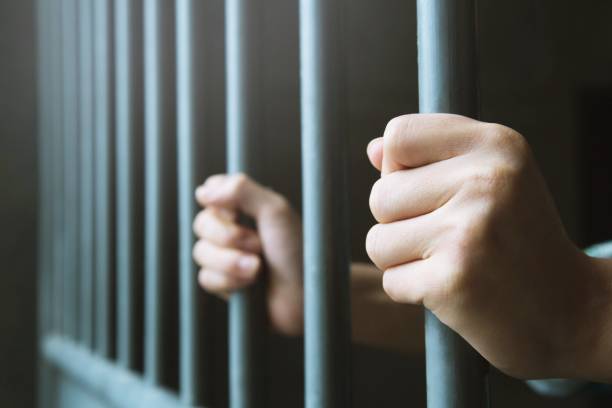Every day, criminals face unjust circumstances, and are subject to harsh conditions in our US prison and criminal justice system.
This discrimination that, because of low public oversight, has been continually allowed to happen.
To many criminals, going to jail means not only the temporary loss of freedom, but also the loss of justice. The conditions of the jails they are confined in should not be their punishment.
This is by no means condoning the wrongdoings that these criminals committed, rather, this is an argument for humanity.
According to the Equal Justice Initiative, “more than half of all Americans in prison or jail have a mental illness” and “more than 60,000 people in the U.S. are held in solitary confinement”.
Unfortunately, most criminals in our prisons endure humiliating treatment, disregard for their health, and horrible prison conditions.
Millions of incarcerated people are held in overcrowded spaces, unsanitary areas, and in general living in a brutal prison environment that only further aggravates their situation and mental health.
Understaffed jails lead to poor oversight and management over the inmates, which causes unbelievably high amounts of violence, especially physical and sexual violence or abuse.
The Department of Justice’s Civil Rights Division said that Alabama’s prison system “failed to protect prisoners from astounding levels of homicide and rape.”
Incarcerated people statistically face post traumatic stress symptoms, such as anxiety, depression, paranoia, etc, long after they are released from jail simply because of the sheer amount of violence they witnessed or suffered through during their sentence.
In addition, jails, particularly those that are in rural or remote areas, often lack mental health professionals and resources for the inmates, which often leads to the misdiagnose or even lack of diagnoses. This causes it to be more difficult for them to be diagnosed later when they are released back into society due to false negatives.
This is why people that are released from jail tend to have a harder time reentering society, and instead go back into incarceration. Nationally, 76 percent of all inmates end up back in jail within five years.
Poor prison conditions historically increase the probability of recidivism, or the rearrest, reconviction, and/or the return to incarceration after a period of time.
The percentage of this in the United States is much higher than those of countries with more humane justice systems.
Our justice system, as well as these specific institutions, need to recognize that justice should still exist within the prison system. The creation of a safer environment aids the individuals being confined as well as the staff working there every day.
Incarcerated people face unjust situations daily, and we have continually allowed that to happen.
Although there have been some correctional leaders that have risen to address this issue, these reforms need to be prioritized in order to truly make a change for our incarcerated population and their families.

